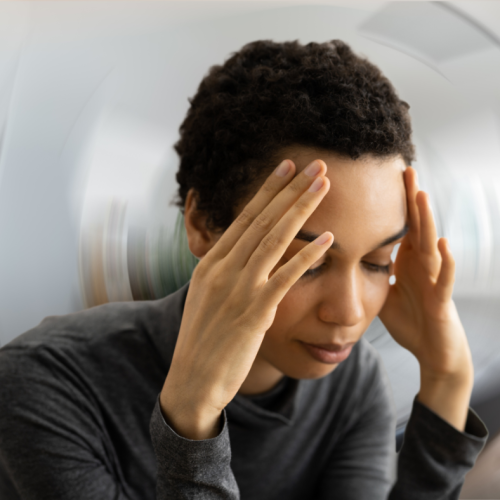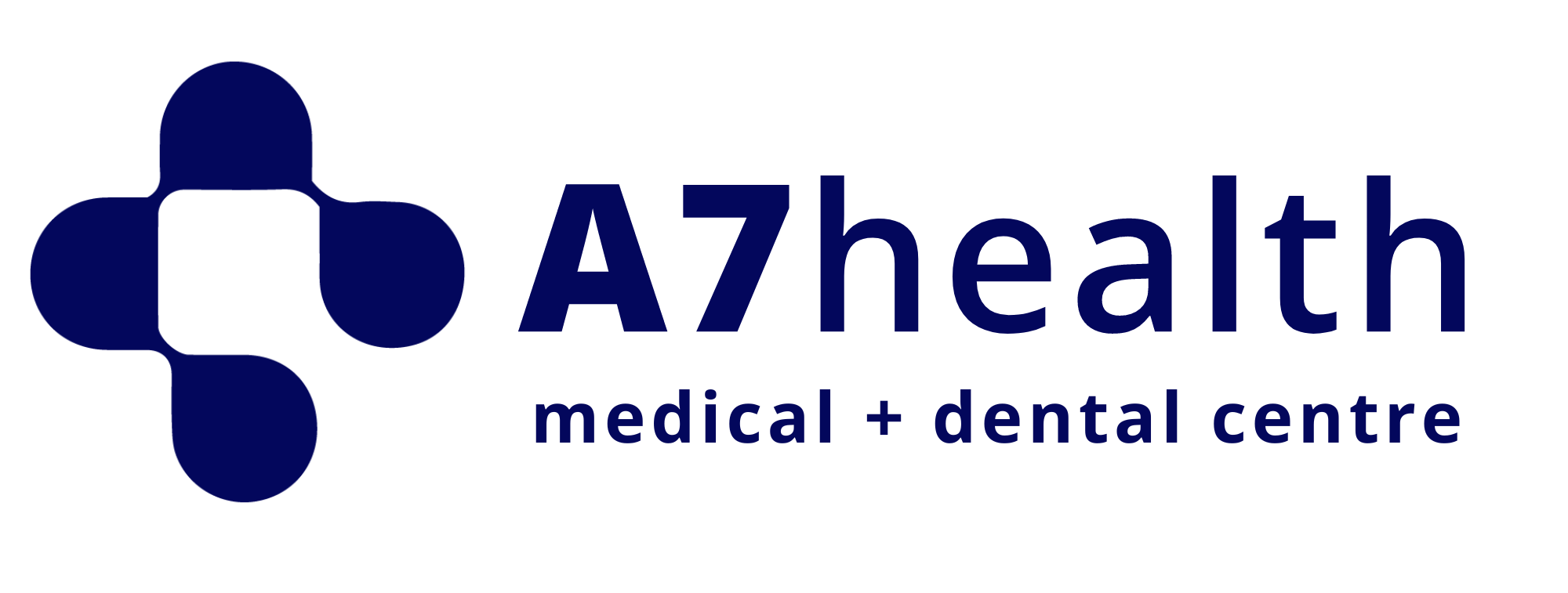Treatment for Dizziness
Dizziness is a term used to describe a range of sensations, such as feeling faint, woozy, weak or unsteady. Dizziness that creates the false sense that you or your surroundings are spinning or moving is called vertigo.
Symptoms of Dizziness
People experiencing dizziness may describe it as any of a number of sensations, such as:

- A false sense of motion or spinning (vertigo)
- Lightheadedness or feeling faint
- Unsteadiness or a loss of balance
- A feeling of floating, wooziness or heavy-headedness
- Feeling sick or being sick
- Anxiety and fear of falling
These feelings may be triggered or worsened when you walk, stand up, or move your head. The dizziness may be accompanied by nausea or may be so sudden and severe that you need to sit or lie down. The episode may last for seconds or days and may recur.
Vertigo – is often associated with conditions of the vestibular system (the inner ear). The vestibular system provides your brain with information about your position in space. Therefore, vertigo can be caused by disorders in the inner ear (peripheral vertigo), or disturbances in your brain or spinal cord (central vertigo). Vertigo and dizziness impacts balance and increases the risk of falling and possibly injuring yourself. It also increases anxiety associated with fear of falling.
Causes of Dizziness
There are many possible causes of dizziness. Some medical reasons include:
- Iron deficiency
- Low blood sugar
- Low blood pressure
- Motion sickness
- Side effects of certain medications
Two conditions which cause dizziness
Benign paroxysmal positional vertigo (BPPV)
BPPV occurs when small calcium carbonate crystals (otoconia) from another part of your ear enter the semicircular canal of your inner ear. They can then flow freely into the fluid-filled spaces of the inner ear. They only cause problems when the affected person’s head changes position in space, such as when looking up or down, changing position from lying to sitting or vice versa, and turning in bed. When the otoconia move to the lowest part of the auditory canal, the vestibular nerve is stimulated, causing vertigo and nystagmus.
Nystagmus
Nystagmus is a condition in which your eyes make rapid, repetitive, uncontrolled movements — such as up and down (vertical nystagmus), side to side (horizontal nystagmus) or in a circle (rotary nystagmus). These eye movements can cause problems with vision, depth perception, balance, and coordination.
Causes of Nystagmus
Your brain controls your eye movements. When you move your head, your eyes automatically move to adjust. This stabilizes the image and allows you to see clearly. In people with nystagmus, the areas of the brain that control eye movements do not work properly. Nystagmus may indicate another eye problem or be related to other conditions such as retina or optic nerve disorders, inner ear conditions or diseases of the central nervous system.
Treatment for Dizziness
Treatment with an A7 Health physiotherapist aims to achieve the following;
Vestibular treatment techniques and exercise help redistribute the crystals. Sometimes symptoms resolve spontaneously without treatment, but in some people symptoms can persist for years. A trained physical therapist uses the following treatment manoeuvres:
- Semont manoeuvre
- Epley manoeuvre
- Brandt-Daroff exercises
Rehabilitation also involves
- Balance rehabilitation
- Habituation exercises
- Adaptation exercises
Treatment at A7 Health for Vertigo, Nystagmus or other causes of Dizziness:
Get Physiotherapy – Book an appointment with a Physiotherapist at A7 Health who will assess you in a 45 minute consultation and provide treatment alongside a treatment plan to reduce and manage your dizziness. Some of the treatments include:
- Balance rehabilitation
- Habituation exercises
- Adaptation exercises
Join an exercise class (with a Biokineticist) – Moderate exercise, such as walking, has been shown to help relieve back and pelvic pain during pregnancy. Stretching can help relieve sore muscles. Join an exercise class led by an A7 Health Biokineticist who will teach you exercises that will strengthen and relax muscles and help you to reduce the likelihood of pain during your pregnancy. These exercises will also help you with delivery and recovery after you give birth.
